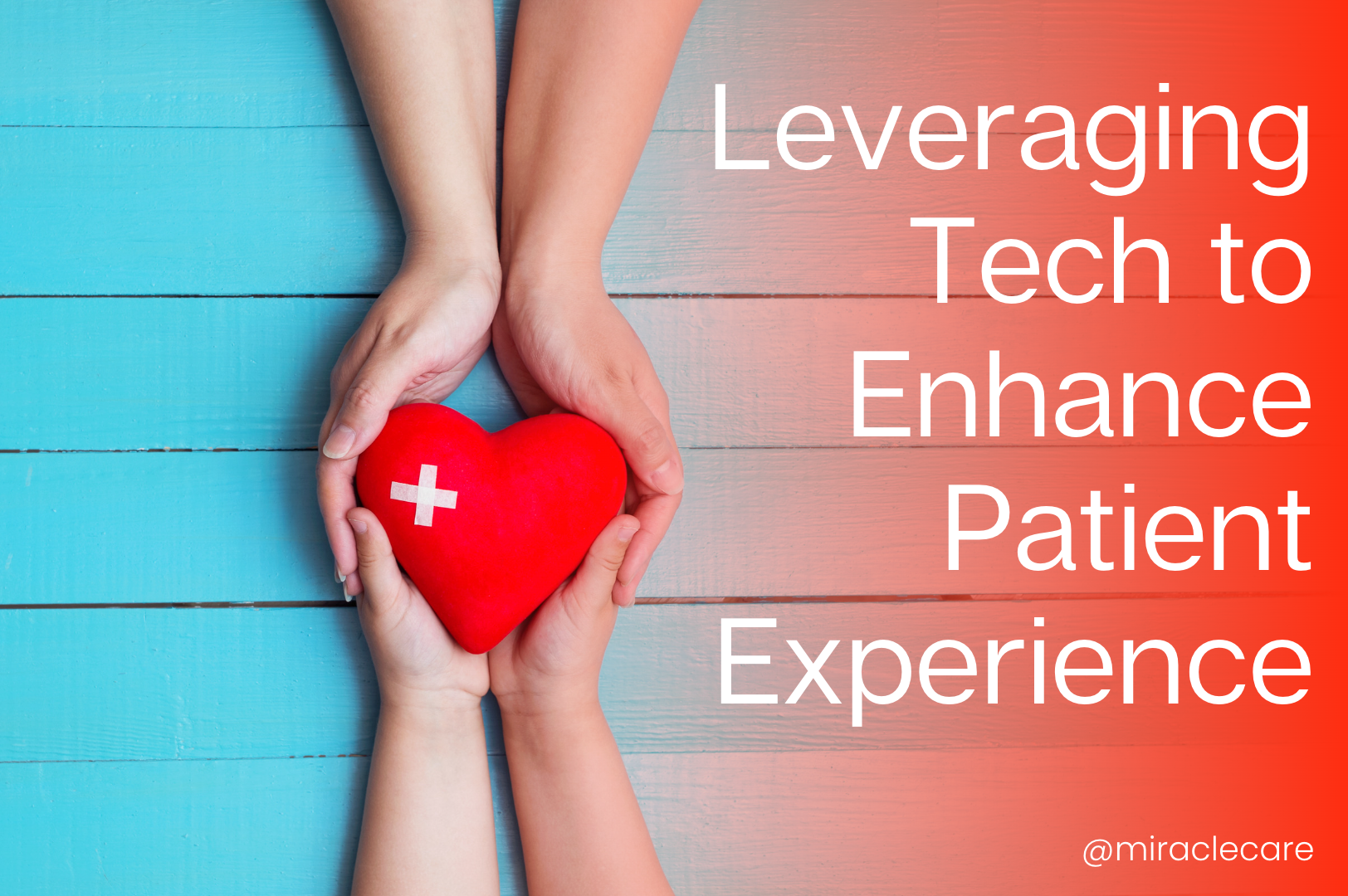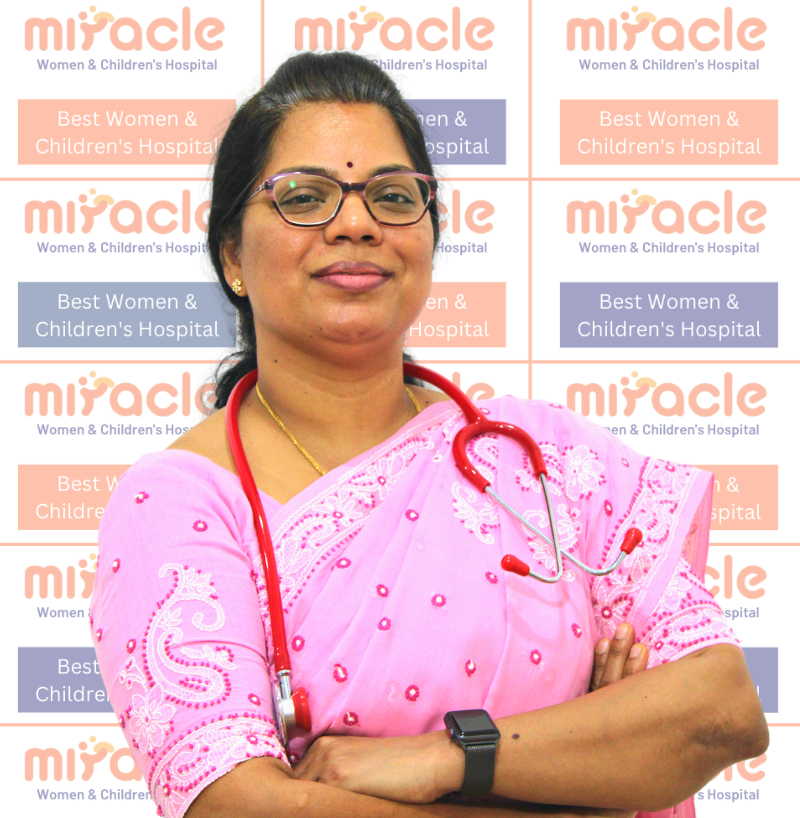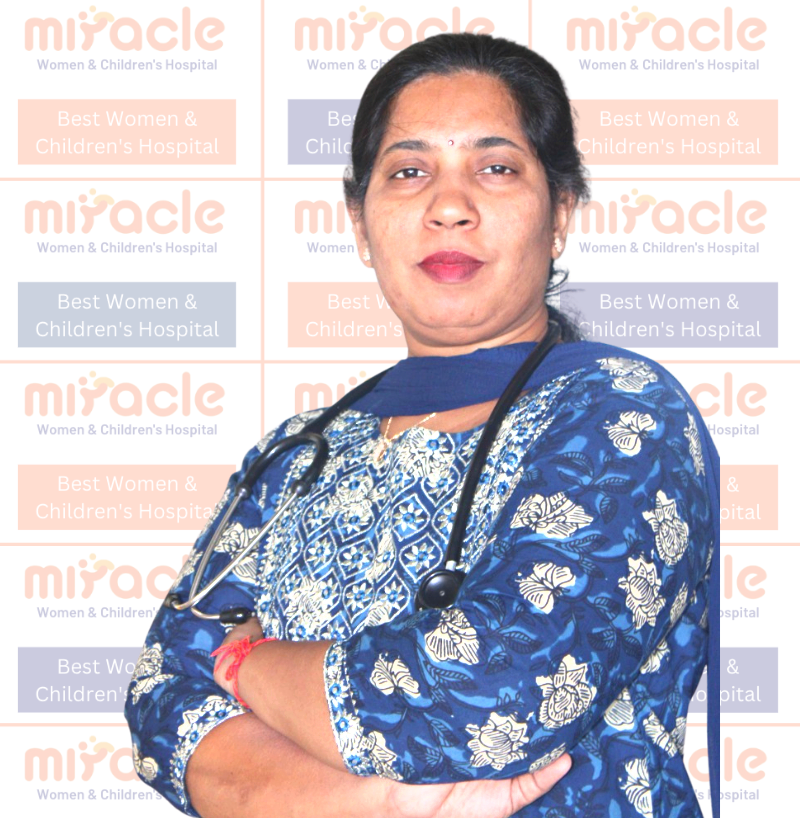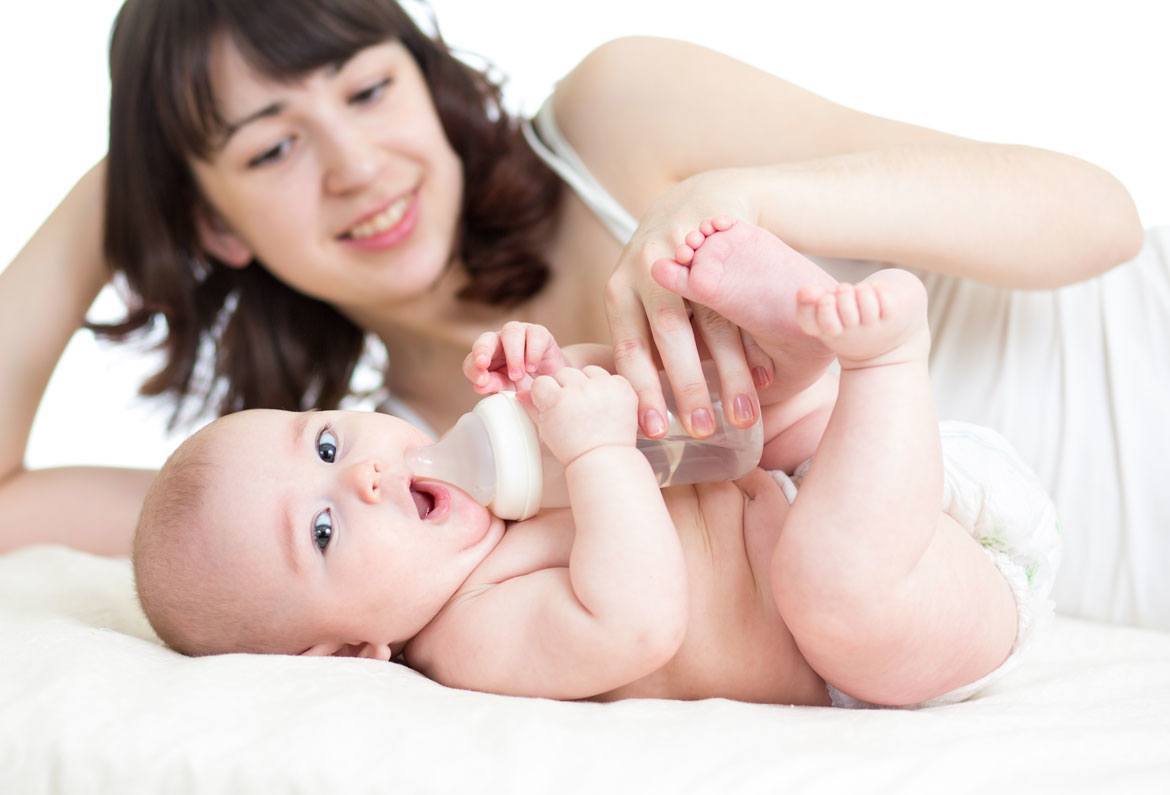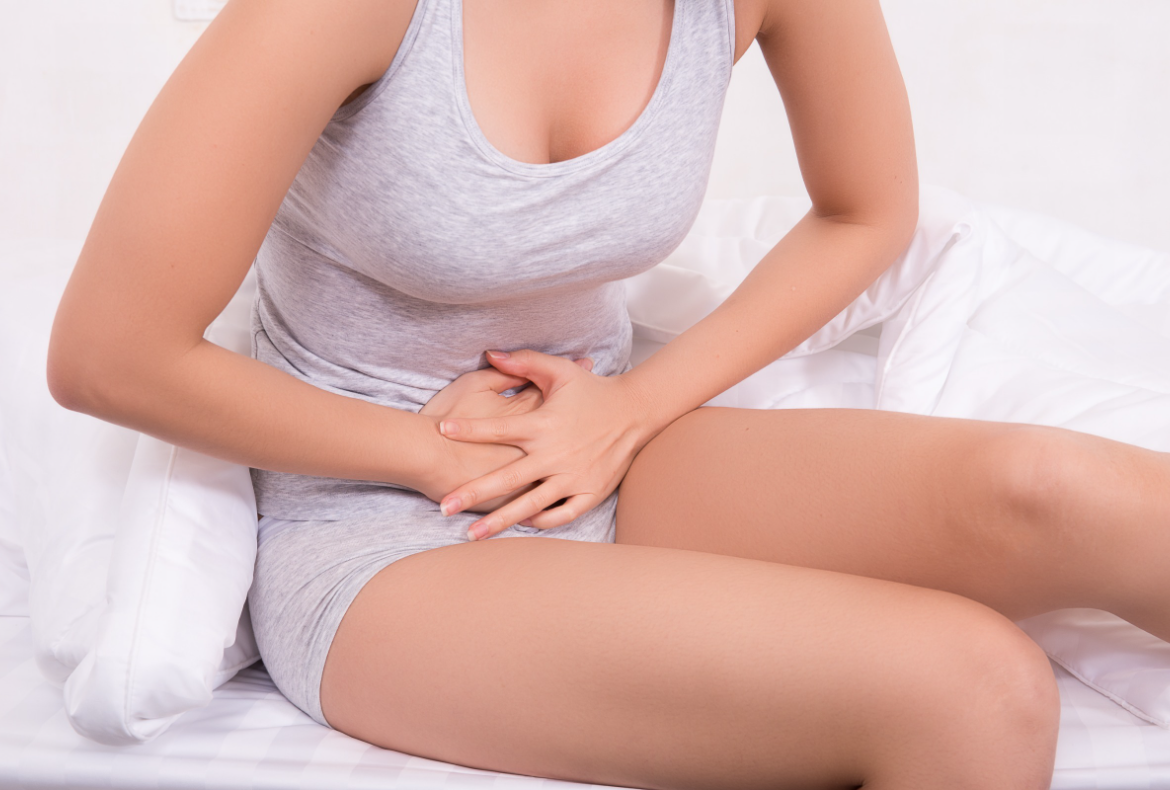
Menstrual disorders are characterized by distressing physical and/or emotional symptoms that occur just before and during menstruation. These symptoms can include heavy bleeding, the absence of periods, and mood swings that are difficult to control. There are some women who are able to get through their periods with relatively little or no anxiety at all. Your periods begin and end at nearly the same time each month, and you experience discomfort of varying degrees throughout the duration of each cycle.
However, there are some women who experience a wide variety of uncomfortable physical and/or mental symptoms just before and during their periods. A woman’s life will be profoundly impacted by these symptoms, which can manifest as excessive bleeding, missed periods, and mood swings that are difficult to manage. The majority of issues that occur during menstruation can be explained in a straightforward manner, and there are many different treatment options available to alleviate the symptoms. Talk to your healthcare provider about your symptoms if you find that you occasionally feel overwhelmed. She will be able to assist you in selecting the most appropriate treatment to make your menstrual cycle more bearable once your symptoms have been accurately diagnosed.
Causes
Premenstrual Syndrome (PMS):
Irritability, fatigue, cramps, chest pain, headache, back pain, acne, diarrhea, bloating, insomnia, anxiety, depression, stress, food cravings, and emotional mood swings are all symptoms of premenstrual syndrome (PMS). The symptoms of premenstrual syndrome (PMS) can vary from woman to woman and from month to month. Even though it’s Unpleasant premenstrual syndrome (PMS) is not something to be worried about. In most cases, the symptoms will vanish as soon as you start your period.
Severe Periods:
Under these circumstances, the bleeding is more significant than it would normally be. You may also experience periods that are longer than the typical 5-7 days in length. Hormonal imbalances, particularly those involving oestrogen and progesterone, are typically the cause of heavy periods. Alterations to one’s diet or level of physical activity, menstrual infections, hypothyroidism, fibroids, puberty, and inflammation of the cervix are some of the other potential triggers.
Painful Periods:
The beginning of your period is typically accompanied by a variety of painful physical symptoms, including aches and cramps. However, for some women, the period itself is accompanied by excruciating pain. Pain during this time is typically caused by an underlying medical condition, such as endometriosis, fibroids, or another inflammatory disease of the pelvis.
Menstrual irregularities:
Sometimes women do not menstruate. Amenorrhea is the name given to this health condition. Primary and secondary amenorrhea are the two classifications of this condition.
Primary amenorrhea: Primary amenorrhea is the medical term for the condition that occurs when a girl reaches the age of 16 and still has not had her first period. There are a few potential causes for this, including an issue with the pituitary gland, a birth defect in the reproductive system, or a delay in the onset of puberty.
Secondary amenorrhea: Secondary amenorrhea is the condition that occurs when a woman does not have her period for a period of six months or longer. Both adults and adolescents can experience secondary amenorrhea for a variety of different reasons. In adolescent girls, it can be brought on by a sudden gain or loss of weight, anorexia, stopping birth control, ovarian cysts, pregnancy, or an overactive thyroid gland. Other possible causes include pregnancy and ovarian cysts. It is possible for adults to experience this condition if they become pregnant, have premature ovarian failure, pelvic inflammatory disease, menopause, or stop using birth control.
When Should You See a Doctor?
If you experience any of the following symptoms, you should schedule an appointment with your doctor as soon as possible:
- Your menstrual cycle has been absent for more than three months, and you do not appear to be pregnant.
- Your menstrual cycle has suddenly become erratic.
- a period that lasts for more than 7 days.
- You go through multiple pillows or tampons every hour and a half at the very least.
- You develop severe pain during your period
- You should make an appointment with a physician if the time between your periods is less than 21 days or more than 35 days.
- You experience seeing between periods.
- You also present with additional symptoms, such as an odd discharge or a fever.
Miracle Care
At Miracle Hospital, we have an understanding of the challenges that face women today. We have everything necessary to provide you with high-quality care for your menstrual problems. In addition to our multi-disciplinary team of gynecologists, nurses, support staff, and ultrasonographers, we also have the most up-to-date technology and the most comfortable amenities.
Gynecology

Contact Us
